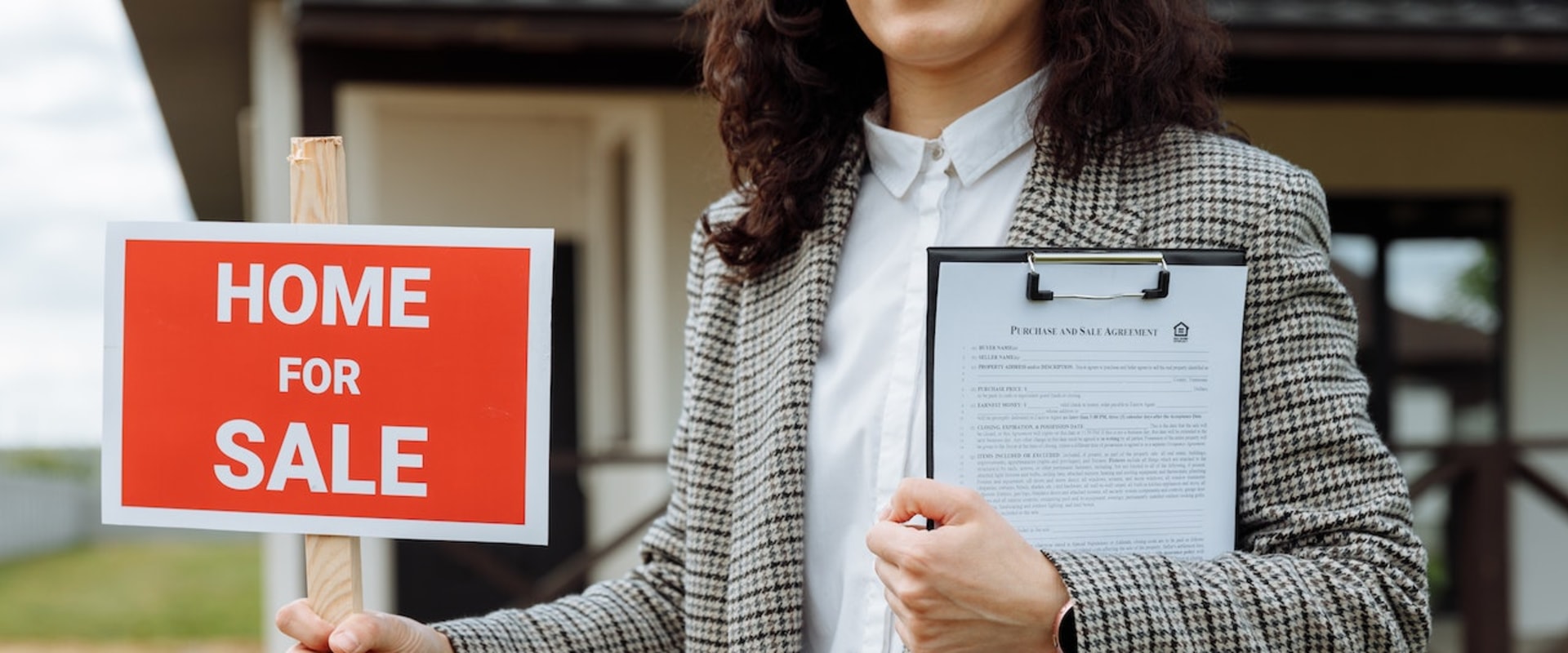Selling your house for cash is a great way to get rid of it quickly. You don't have to wait around for a buyer, and you don't have to worry about making any repairs. All you need to do is find a reliable company that offers this service, and they will take care of the rest. Many companies out there buy houses for cash, so you should be able to find one that fits your needs. Make sure you do your research first to know you're getting the best deal possible.
What Are The Steps To Ensure A Fast Sale Of Your House
The most important step is to find a reputable company. There are a lot of scammers out there, and you don't want to end up working with one. Research online and see what others say about the companies you're considering. Once you find a couple of companies you like, get an estimate from each one. This will help you compare prices and see which offers the best deal. After getting estimates from a few companies, it's time to choose the right one. Make sure you go with a company with the experience and feel comfortable working with. Once you've found the right company and you're ready to sell, sign the contract. This will finalize the deal, and you'll get your money quickly.Why Do I Need Conveyancing When I Sell My House For Cash?
Conveyancing is the legal process of transferring property ownership from one person to another. When you sell your house for cash, you'll need to use a conveyancer to ensure the sale goes smoothly and that all the necessary paperwork is completed correctly. A conveyancer can also help to negotiate any final conditions of purchase with the buyer's solicitor, such as settlement date or repairs that need to be carried out before settlement.Using a conveyancer is not compulsory, but it is highly recommended. Selling your house without one could be risky and may result in delays or problems with the sale down the line. A conveyancer will ensure everything is done correctly and efficiently, so you can focus on getting the best price for your home. If you're selling your house for cash, choosing a conveyancer experienced in dealing with this type of sale is essential. They will be able to advise you on the best way to proceed and help to make the process as smooth as possible. Contact LEAD Conveyancing Sydney property solicitor today to get started.How To Choose The Right Conveyancing Lawyer When Selling Your House
When selling your house, you will need to engage the services of a conveyancing lawyer. A conveyancing lawyer is a legal professional specializing in transferring property ownership. They will be responsible for ensuring that all the legal requirements are met and that the sale goes through smoothly.There are a few things you should keep in mind when choosing a conveyancing lawyer: Firstly, make sure that they are experienced and qualified; secondly, ask for quotes from several lawyers to compare prices; finally, choose a lawyer who you feel comfortable with and who you think will be able to provide a good service. If you follow these tips, you should be able to find a conveyancing lawyer who is right for you and who will help make the process of selling your house as smooth and stress-free as possible. It is important to remember that the lawyer you choose can significantly impact how successful the sale of your home is, so it is worth taking the time to find the right one.What To Expect During The Conveyancing Process
The conveyancing process can be a bit daunting, especially if you're unfamiliar with legal jargon. But don't worry, we've got you covered. Here's a quick guide to what you can expect during the conveyancing process:- Appoint a conveyancer or solicitor who will act on your behalf throughout the process.
- Request a copy of the contract of sale from the seller's conveyancer.
- Conduct some initial searches to check for any issues that could affect the property.
- Arrange for a surveyor to inspect the property.
- Negotiate with the seller's conveyancer on your behalf.
- Pay a deposit (usually 10% of purchase price).
- Request a date for completion from seller's conveyancer.
- Pay purchase price balance on completion day.
- Register transfer of ownership at Land Registry.




